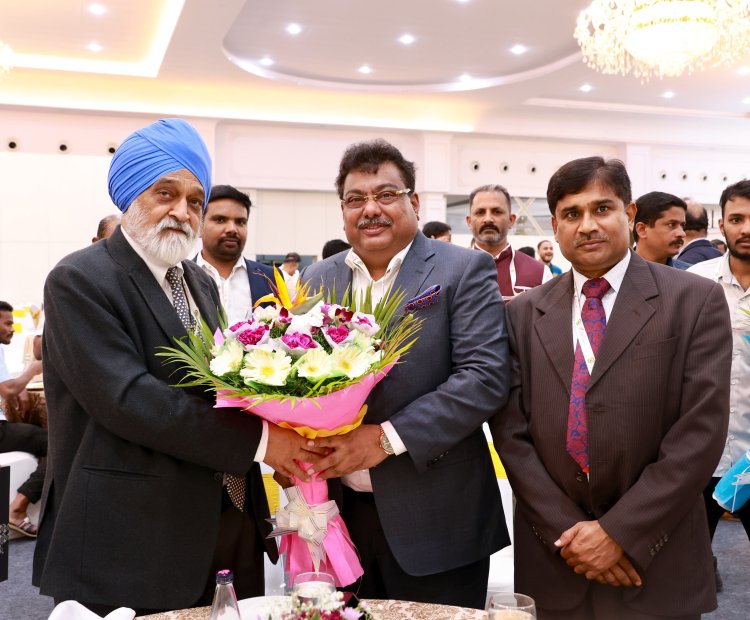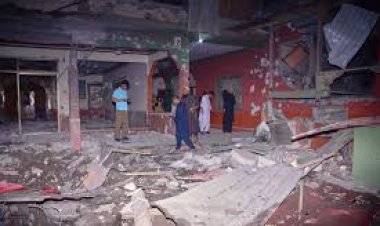Montek Singh Ahluwalia Calls for Dividing Large States to Boost Urbanization and Economic Growth
Former Planning Commission Deputy Chairman Suggests Splitting States Like Uttar Pradesh, Maharashtra to Foster Development of New Cities and Economic Resilience

Bengaluru - Former Deputy Chairman of the Planning Commission, Montek Singh Ahluwalia, sparked a thought-provoking debate at the Global Investors' Meet 'Invest Karnataka 2025', advocating for the division of large Indian states to accelerate urbanization and economic growth. During a session on "Resilient Pathways: Charting Economic Growth Amid Global Challenges" with economist and author Salman Anees Soz, Ahluwalia emphasized the need for bold political decisions, including splitting states like Uttar Pradesh into two or three to create new urban centers.
Revolutionizing Urbanization through State Division
Ahluwalia proposed the idea of creating new states from larger ones to reduce centralization and boost urban growth. "By dividing large states like Uttar Pradesh, we could establish new urban hubs, promoting rapid urbanization," he said. He highlighted former Chief Minister Mayawati's suggestion to divide Uttar Pradesh into three as an example of how such changes could lead to the creation of prosperous cities. A similar proposal for Vidarbha in Maharashtra, with Nagpur as its capital, has also been discussed.
The former Planning Commission chief stressed that dividing states would also help overcome resistance related to land acquisition for new cities, noting that the process becomes easier when the area in question becomes a capital of a new state. While he acknowledged that implementing such reforms could be politically challenging, Ahluwalia argued that it could lead to improved governance and economic performance in the newly formed states.
Rethinking Fiscal Strategies and National Growth Goals
Ahluwalia also touched upon India's fiscal weaknesses, pointing out that states have become fiscally strained due to high debt levels compared to their revenues and GDP. To achieve an 8% annual growth rate and realize India's vision of becoming a 'Viksit Bharat' (Developed India) by 2047, he emphasized the need for targeted reforms, particularly in the urbanization and governance sectors.
Geopolitical Challenges and Economic Outlook
Discussing geopolitical tensions, Ahluwalia shared concerns about the rising global fragmentation, especially the US-China conflict and its effects on international relations. He pointed out how China's growing influence over Russia and rising fears in Europe could create new economic challenges for India, which needs to navigate these uncertainties while maintaining robust growth. "The world has changed dramatically since 1991 when we initiated reforms. Now, India faces a much more fragmented global landscape," he added.
Urbanization as Key to India's Future
On the topic of urbanization, Ahluwalia argued that India’s future growth is closely tied to the expansion of its urban population. Drawing from Mahatma Gandhi's vision of rural India, Ahluwalia stated, "India will not be ‘viksit’ if it does not significantly reduce its reliance on rural populations." His remarks stirred a reflection on how the country needs to adapt to current realities and move beyond romanticized views of rural life.

 BNH NETWORK
BNH NETWORK 










